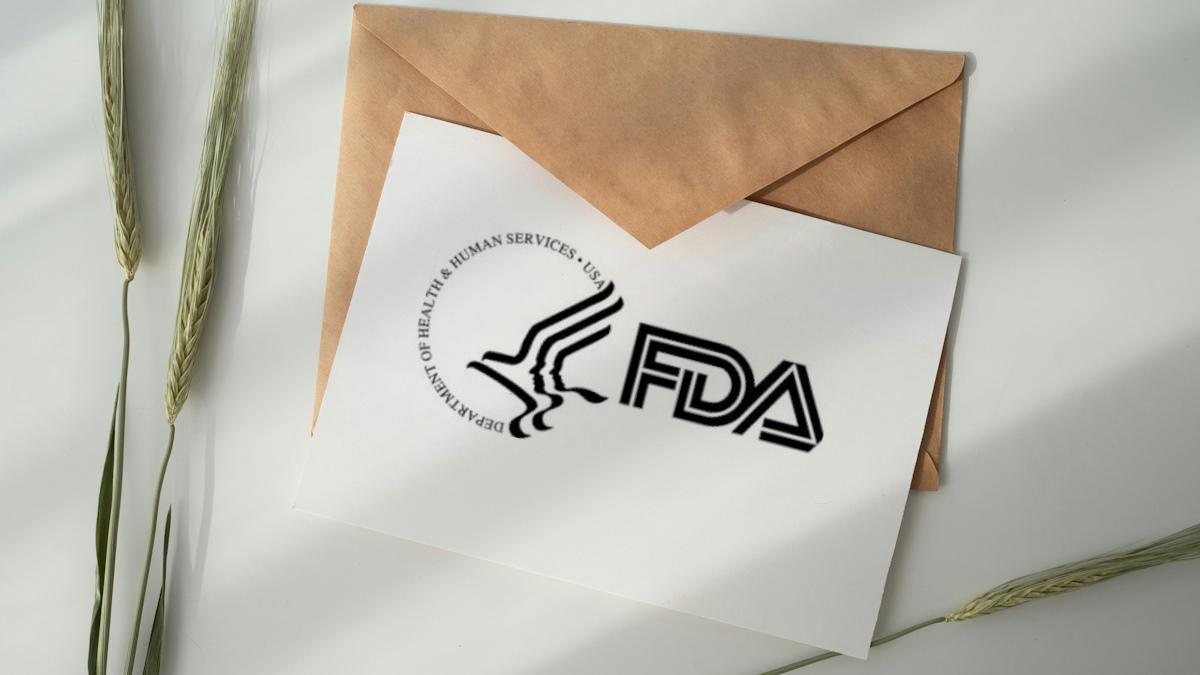Just how radical is the FDA's complete response letter move?

The FDA has called a plan to publish certain complete response letters (CRLs) for medicines it has rejected after an initial review an act of "radical transparency," but it is not as revolutionary as it seems at first glance.
Looking at the details of the initiative, it has quickly become clear that the first batch of 200 CRLs has been curated to include only letters issued to products that were initially rejected and subsequently approved for marketing.
That means the documents would already have been available to the public as part of approval packages, although they would generally be hard to find in the sprawling repository of FDA information, and there is no question that it is beneficial to have them all in the same place.
It's also worth noting that some of the information in them has been redacted to avoid revealing commercially sensitive data – something that will be familiar, for example, to anyone who monitors other published FDA correspondence like warning letters.
More CRLs are due to be added to the database, but there does not seem to be any plan to publish CRLs for applications that fail to eventually get approved, which would have been a much more seismic move and – arguably at least – provide valuable insights into scientific, clinical, and regulatory processes that could be beneficial to other developers.
On the other hand, it has been suggested that the fear of information eventually becoming public could make it more likely that applications are withdrawn and could place a brake on innovation.
Some other regulatory authorities, including the EMA, do publish data from refusal assessment reports, but the FDA has always maintained that it cannot do so for unapproved applications because of privacy rules. In the past, there have been calls to relax that in a way that would not be damaging to a sponsor's competitiveness, for example, by waiting a few years before they are made public.
"By making the CRLs available, the public now has significantly greater insight into the FDA's decision-making and the most common deficiencies cited that sponsors must address before their application is approved," said the FDA in its announcement of the new scheme.
It also suggested that some companies that receive CRLs can be less than truthful about the reasons for them, and "often misrepresent the rationale behind FDA's decision to their stakeholders and the public."
"For far too long, drug developers have been playing a guessing game when navigating the FDA," said FDA Commissioner Marty Makary.
"Drug developers and capital markets alike want predictability," he added. "So today we're one step closer to delivering it to them, with an ultimate goal of bringing cures and meaningful treatments to patients faster."
Photo by Kate Macate on Unsplash












